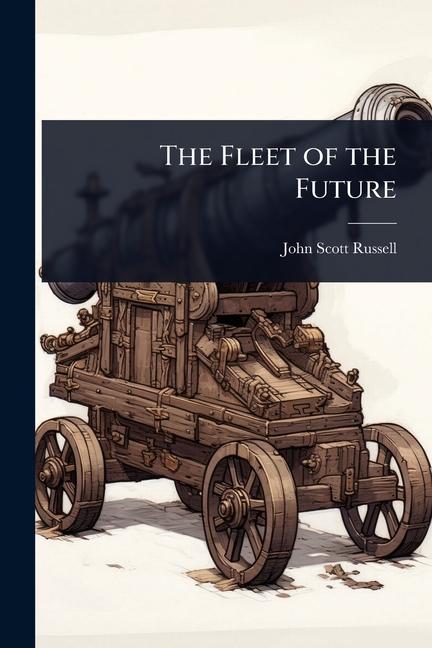Description
"The Fleet of the Future: Containing a Reply to Some Conclusions of General Howard Douglas" offers a detailed 19th-century perspective on naval architecture and technology. John Scott Russell, a renowned naval architect, presents his arguments concerning the superiority of iron ships over wooden vessels, engaging with the conclusions of Sir Howard Douglas. This work delves into the specifics of ship construction, including discussions of dry rot, the capabilities of iron fleets, and advancements in modern artillery.
Russell references various naval engagements and geographical locations, from Kinburn to the Sea of Azof, to illustrate his points. He analyzes the performance of different classes of ships, including references to the Channel Fleet and specific vessels like the Guadaloupe. This book provides valuable insights into the strategic thinking and technological debates shaping naval power in the mid-19th century, appealing to historians, naval enthusiasts, and anyone interested in the evolution of maritime warfare.
This work has been selected by scholars as being culturally important, and is part of the knowledge base of civilization as we know it. This work was reproduced from the original artifact, and remains as true to the original work as possible. Therefore, you will see the original copyright references, library stamps (as most of these works have been housed in our most important libraries around the world), and other notations in the work.
This work is in the public domain in the United States of America, and possibly other nations. Within the United States, you may freely copy and distribute this work, as no entity (individual or corporate) has a copyright on the body of the work.
As a reproduction of a historical artifact, this work may contain missing or blurred pages, poor pictures, errant marks, etc. Scholars believe, and we concur, that this work is important enough to be preserved, reproduced, and made generally available to the public. We appreciate your support of the preservation process, and thank you for being an important part of keeping this knowledge alive and relevant.
Product Details
- May 22, 2025 Pub Date:
- 1023608561 ISBN-10:
- 9781023608565 ISBN-13:
- English Language




